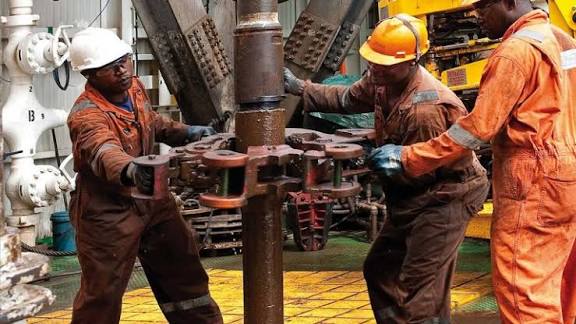
Despite Senegal’s entry into the ranks of oil-producing nations last year, the country continues to rely heavily on Nigeria’s crude oil to supply its only refinery in Dakar.
The refinery, with a capacity of 30,000 barrels per day, is currently running primarily on Nigerian Erha crude due to technical limitations of local oil production.
According to energy analyst firm Kpler, Nigeria has shipped an average of 30,000 barrels per day from the Erha field to Dakar in recent months, highlighting its critical role in Senegal’s refining system.
While Senegal began production in mid-2024 at the Sangomar offshore field, which is expected to yield around 100,000 barrels per day of medium-sour crude, nearly all of this oil is exported to Europe, mainly to Spain, Italy, and the Netherlands.
“The Dakar refinery, with a capacity of 30,000 barrels per day and configured to process light and sweet crudes, currently operates with Erha crude from Nigeria. Imports to Dakar have averaged 30,000 barrels per day in recent months,” the report said.
The Sangomar crude, however, is too heavy and sour (31° API, 1.0% sulfur) to be processed at the Dakar facility, which was designed for lighter, lower-sulfur oils such as Erha crude (36° API, 0.2% sulfur). Pre-mixing of Sangomar oil would be necessary before it could be refined locally, a process not currently in place.
Despite its status as a crude producer, Senegal remains heavily dependent on imports of refined petroleum products to meet domestic demand. Between 2024 and 2025, the country imported between 90,000 and 100,000 barrels per day of fuel, with 50 to 60% sourced from Russia, mainly diesel, gasoil, and fuel oil.
The second phase of the Sangomar project, planned for 2027 with 33 new wells, is expected to maintain production and exports around 100,000 barrels per day. Until then, Nigerian crude and Russian refined products will continue to dominate Senegal’s energy supply.
Meanwhile, Nigeria faces its own domestic supply challenges. Several local refineries have reported shortages of crude, while the Dangote mega-refinery increasingly relies on oil imports from the United States to sustain its fuel production.
This dynamic underscores the complexities of West Africa’s energy landscape, where production capacity, refining specifications, and international trade continue to shape national energy security.



